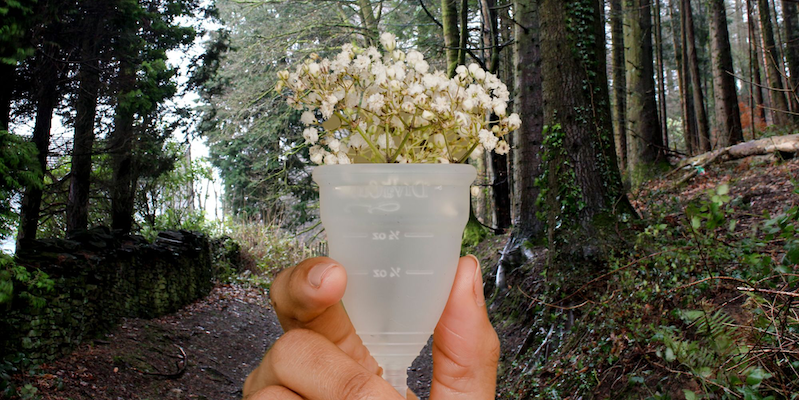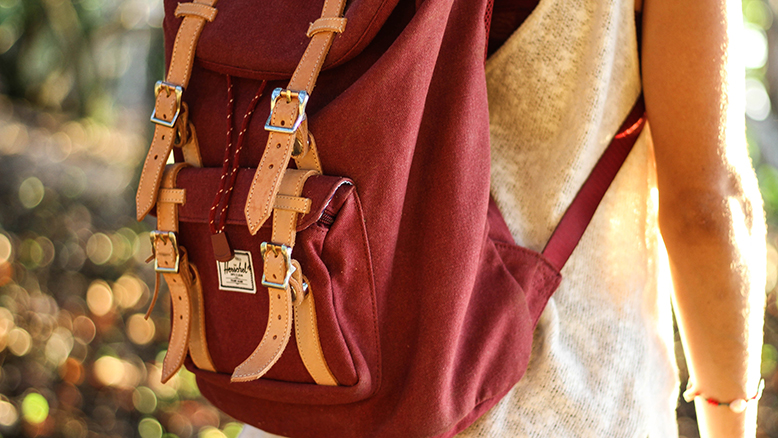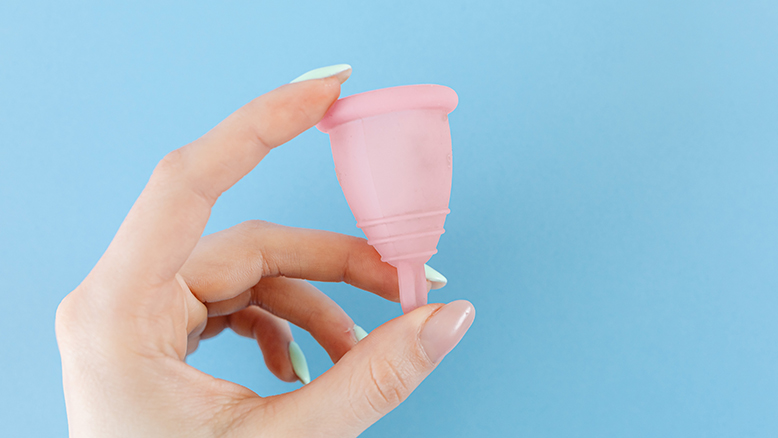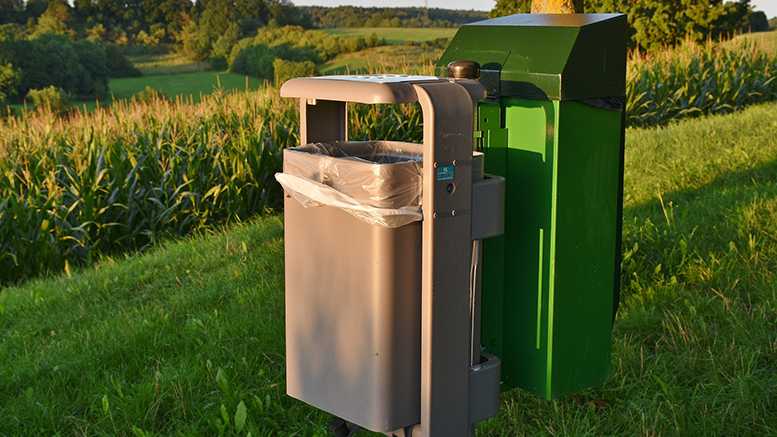Love camping, period

This International Women’s Day (8 March), the world will be celebrating the adventurous spirit of females, past and present. Yet many women, along with other people who menstruate, still find ventures into the natural world daunting during their period.
“What puts women off is being unclean,” says expedition leader, Dawn Adam. She owns Wild Women Camping, a business that offers women across the UK courses in navigation and camping advice.
Outdoor instructor Harriet MacMillan also agrees that a lot of young women avoid camping on their period due to hygiene reasons – especially when using pads. “If you’ve just started your period, some religions teach that you can only use sanitary towels,” says the owner of Navigation with Harriet, a navigation course provider for those who identify as women. “So, it makes it quite difficult to find a private spot to change and to keep your hands clean.”
To make your time outdoors simpler, Harriet and Dawn have rounded up some of their best advice for camping on your period.
1. Make preparations

Both Dawn and Harriet recommend bringing handwash and hand sanitiser in your backpack in order to keep your hands clean after changing your pad or tampon.
Bring reusable hand warmers to place on your belly to soothe cramps. You can put them under your sleeping bag at night or tuck them under your clothes while on the go. If they get too warm, Harriet suggests putting them in a sock.
Bring reusable water bottles because It’s important to stay hydrated. You can bring your own bottle to avoid unnecessary plastic waste.
2. Opt for a menstrual cup

Harriet says you can also limit the number of times you need to change your product by opting for a menstrual cup. “I would say cups are easier to use because you need to clean them less often, as you only need to change them every 12 hours,” says the Cumbria native. “Plus, they are made of silicone, which is more environmentally friendly than plastic.”
But if menstrual cups aren’t an option, are pads less hygienic and more high maintenance? “They are actually easiest to dispose of,” says Dawn, who says that changing your pad while wild camping should not be a problem. “It’s remote, so no one can see you and you’re not relying on camping facilities – you can go behind a rock or a bush and use a friend as a lookout.”
A major problem with pads and tampons, however, is their environmental impact, and Harriet also points out that many products contain chlorine, which she calls a “hormone disruptor”. “If you can get some chlorine-free or organic ones, that would be much better,” she advises.
3. Don’t leave waste behind

It’s also important not to leave any waste behind and spoil the natural beauty of your surroundings, which can be accomplished by creating a waste system that works for you. “What’s really important is that we leave no trace of us being there,” says Harriet. “I put my used products in a nappy or dog waste bag, and I then put them in a white, opaque Tupperware tub which I put in my bag until I can find the nearest bin.”
Put used pads and tampons in dark-coloured bags and then place them in a tub that is sealable. Using dark-coloured, sturdy and biodegradable will reduce the risk of leaks.
But why should women camp when they’re on their period anyway? Why spend time roaming the British wilderness when you could be at home curled up on the sofa with a hot water bottle and a bathroom nearby? Short answer: it’s empowering. “Being in nature is good for you,” says Dawn. “It distracts you from period pain and helps you grow in confidence.”
Find out more about Wild Women Camping & keep up to date with Harriet’s adventures on @navigationwithharriet
